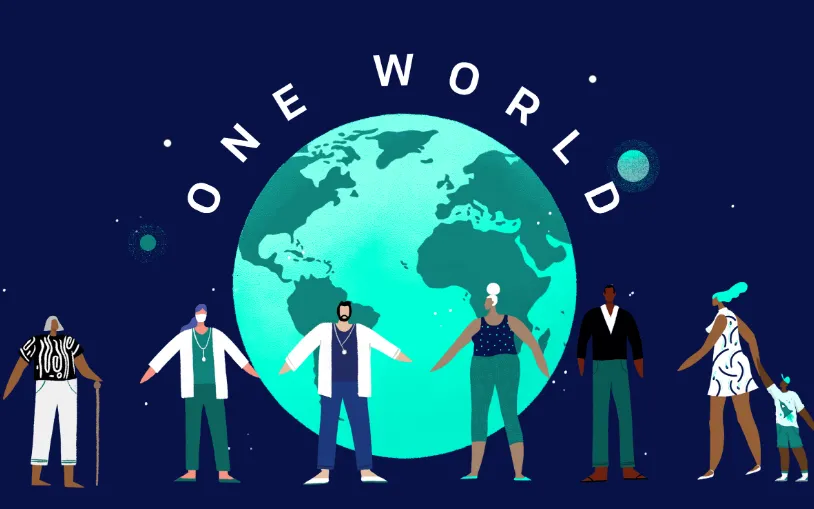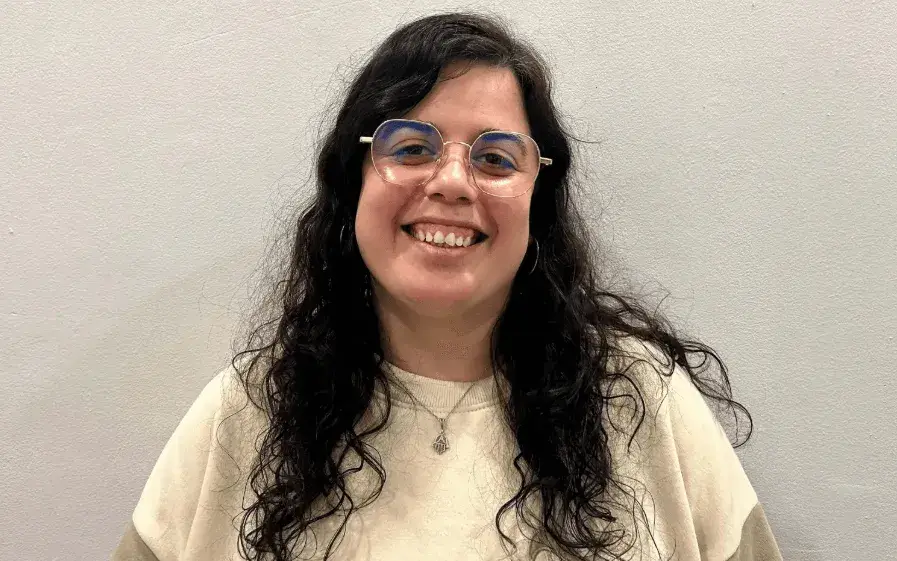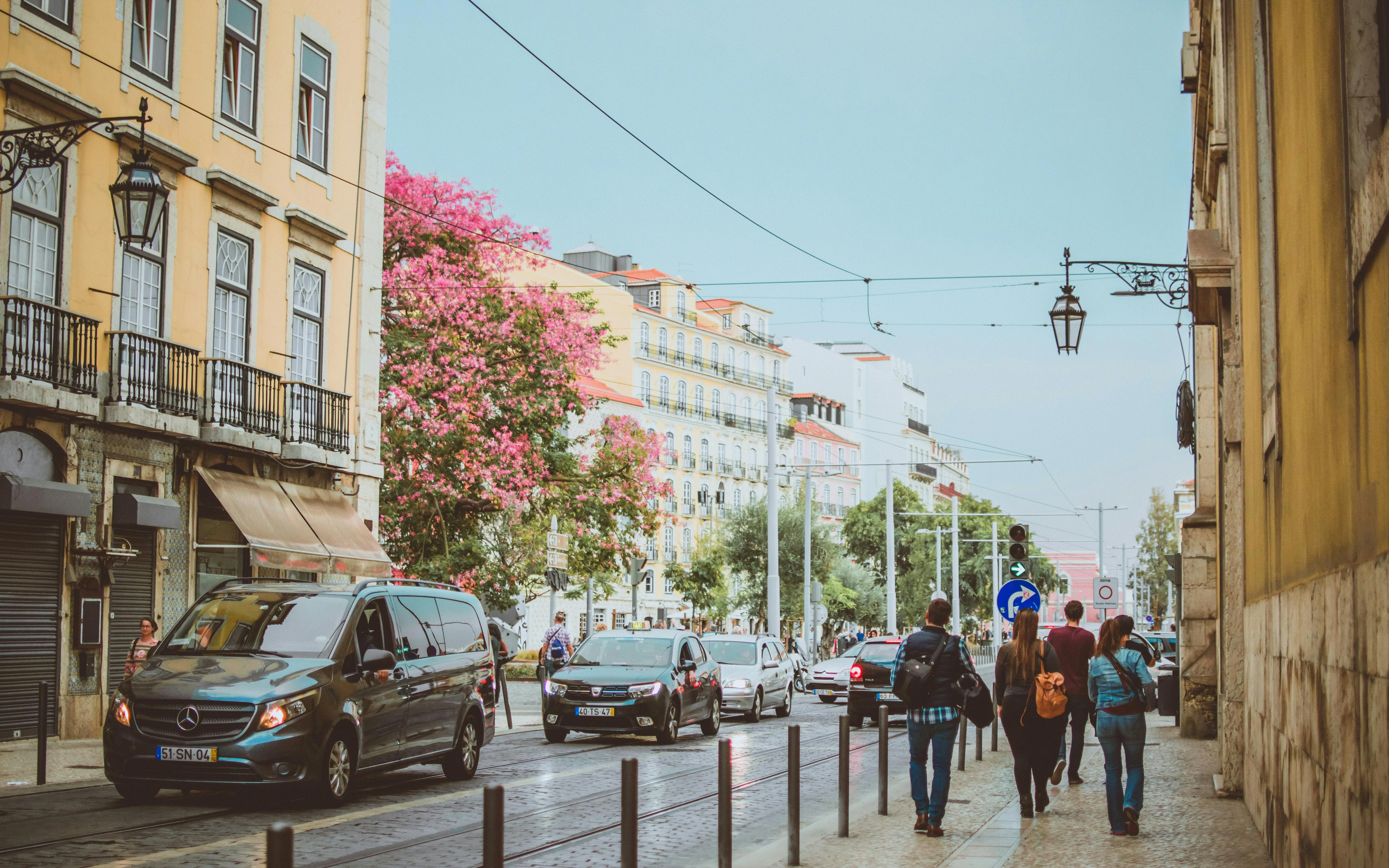The ONE’s policy officer focused on issues surrounding global health, remarks the importance of the global response as the only answer to a global pandemic, not only to fight against Covid-19 but also to face the consequent economic impact.
How do you think that COVID-19 and the consequents lockdowns can affect most vulnerable people all over the world?
The COVID-19 outbreak is a grim reminder that diseases do not respect borders or labels. Within months, the pandemic has affected nearly every person on the planet regardless of their age, gender, race, or socioeconomic status.
A pandemic is the ultimate stress test on health care systems, and while rich and poor countries are equally vulnerable to COVID-19, the impact in poor countries is likely to be more dire due to weak health systems, limited health spending, and few social safety nets like health insurance. High income countries spend 162 times more on health care than low-income countries. Mali has only one ventilator per 1 million people compared to the UK’s 123.
Without support to financially strapped countries, existing inequalities will be amplified. The hardest to reach populations – including those living in extreme poverty and conflict-affected regions, refugees and internally-displaced persons – will be significantly affected. These groups are often in remote areas, congested urban dwellings or overcrowded camps with minimal health services and weak infrastructure, making social distancing and surveillance measures much more difficult.
How is this situation affecting children?
COVID-19 - like other pandemics - is also set to exacerbate issues like food security and education. The pandemic has resulted in nation-wide school closures in 186 countries, affecting 1.3 billion children. Over 300 million children receive meals at school, meaning they are missing out on a meal a day. In sub-Saharan Africa, where one in every 5 people are undernourished, this is especially devastating.
So, do you expect a growth in poverty throughout the world?
Absolutely. The pandemic is affecting every part of our society: from health to livelihoods to education to food security. As a result, the World Bank predicts that the pandemic could push about 49 million people into extreme poverty in 2020. Almost half of the projected new poor will be in sub-Saharan Africa.
The measures that have been taken to contain COVID-19 will have long-lasting impacts, especially among the poor. Job loss, loss of remittances, higher prices, rationing of food and basic goods, and disruptions to health care services and education will impact these communities long after the pandemic has subsided.
What groups of people will be the most affected?
With much of economic activity coming to a halt, the urban poor, many of whom rely on the informal economy, are left without a way to make a living. Without safety nets, many will fall, or fall deeper, into poverty.
What role is ONE playing in this crisis?
This is a global pandemic that demands a global response. At ONE we are finding ways to stand with everyone, whether they live across the street or across the ocean because none of us are safe until all of us are safe.
Our ONE World Campaign is organizing, mobilizing, activate, and advocating around three main efforts:
- The emergency response: We need to mobilize the resources for a humanitarian response, especially in Africa, on a scale not seen in decades. And we need to make sure medicines, and eventually a vaccine, are distributed equitably.
- Sustaining economies: We’ve already seen the economic impact of the pandemic in the U.S. and Europe. The impact could be even greater in Africa, where capital is urgently needed now to tackle the immediate consequences. But much, much more will be needed, including debt relief, special facilities, and support for anchor and small businesses.
- Global health security: To defeat global pandemics like COVID-19, we need to build the capacity of all countries to prevent, detect, and respond to global health threats. This will take global resources, but response preparations cost far less than managing global pandemics after they happen.
From your point of view, what steps do you propose governments must take to help people at risk of poverty?
Mitigating the economic damage of the virus will require swift action from governments, and enhanced international cooperation for low-income countries and fragile states in particular, that do not have the fiscal space to address immediate needs. Ensuring that the poorest and most vulnerable people have access to safety nets, income support, and food security should be the primary focus.
All countries should implement social protection measures such as cash transfer programmes, take-home rations and vouchers, and convert schools into feeding centres to ensure people have the essential supplies they need to survive. Additionally, governments must resist protectionist measures in export bans and reduce tariffs and trade barriers to ensure the global flow of goods, particularly for food and vital medical supplies.
The World Bank predicts that the pandemic could push about 49 million people into extreme poverty in 2020
Donor countries, along with businesses and philanthropists, should provide the needed funding for the research, development and supply of treatments and vaccines for all, and support public health measures in countries with the weakest health systems. To prevent the world from having to battle against two epidemics at the same time, donor countries should fully fund Gavi, the Vaccine Alliance to ensure routine immunization is not interrupted in the world’s poorest countries.
In the longer term, all countries should ensure full compliance with the International Health Regulations by 2025 so they are prepared to detect, assess, report and respond to public health events in the future.
Do you think that it is important a global response? Why?
A global response is the only answer to a global problem. Global coordination surpasses borders, politics, and income and is the only way to stop the global threat of COVID-19. A response that ignores the poorest countries will fail. We need global cooperation like we’ve never seen it before. That means reviving the multilateralism that too many politicians have damaged or ignored over the past few years. That means working together as one world.
The tactics needed to move faster than the virus are in our hands — and many of them are being deployed in individual countries, states, regions, and communities. But we need to bring this all together so that the world is using monitoring; mitigation; orderly supply chains for protective gear and medical supplies; and support from and for the world’s healthcare workers as they care for us.
Safety requires solidarity. None of us are safe until all of us are safe.
Do you think that we still in time to avoid the worst economic prospects in the most vulnerable areas?
Already the economic impact is of historical proportions. The lost economic output alone will cost trillions of dollars to the global economy. This is on top of the emergency cost of containing the pandemic. We’re facing job losses and economic hardship on a scale not seen since the Great Depression.
The most vulnerable areas will likely be hit the hardest. For example, sub-Saharan Africa will record its first recession in 25 years. The global economic impact from COVID-19 is likely to affect far more people than the virus itself, with social distancing and lockdown measures bringing many businesses to a halt. Emerging economies and developing countries will be hit extra hard due to falling commodity prices, fleeing foreign investment, supply chain disruptions, reduced tourism, and currency depreciation.
But if we don’t take action, what’s to come will be even worse. Our only hope is to act now.







Add new comment